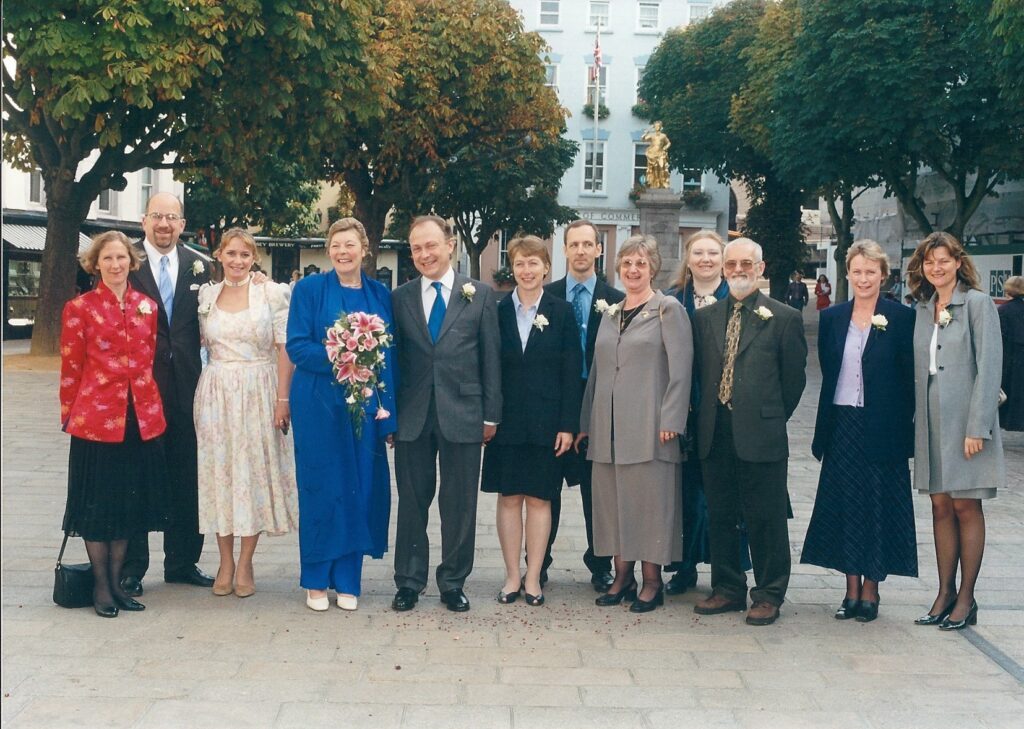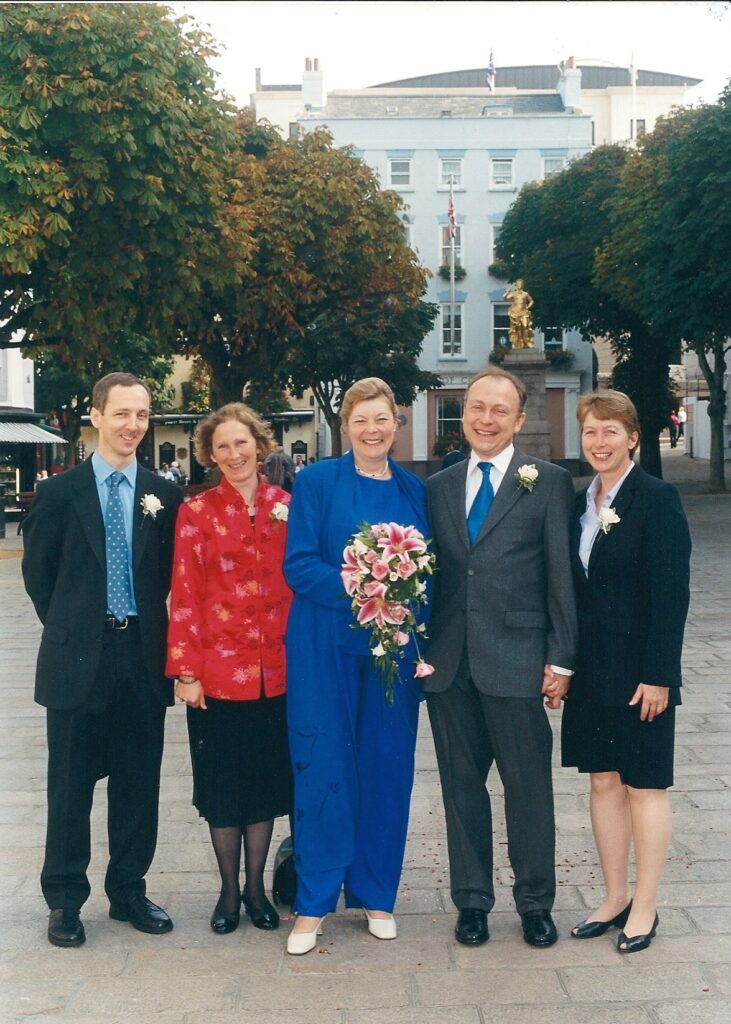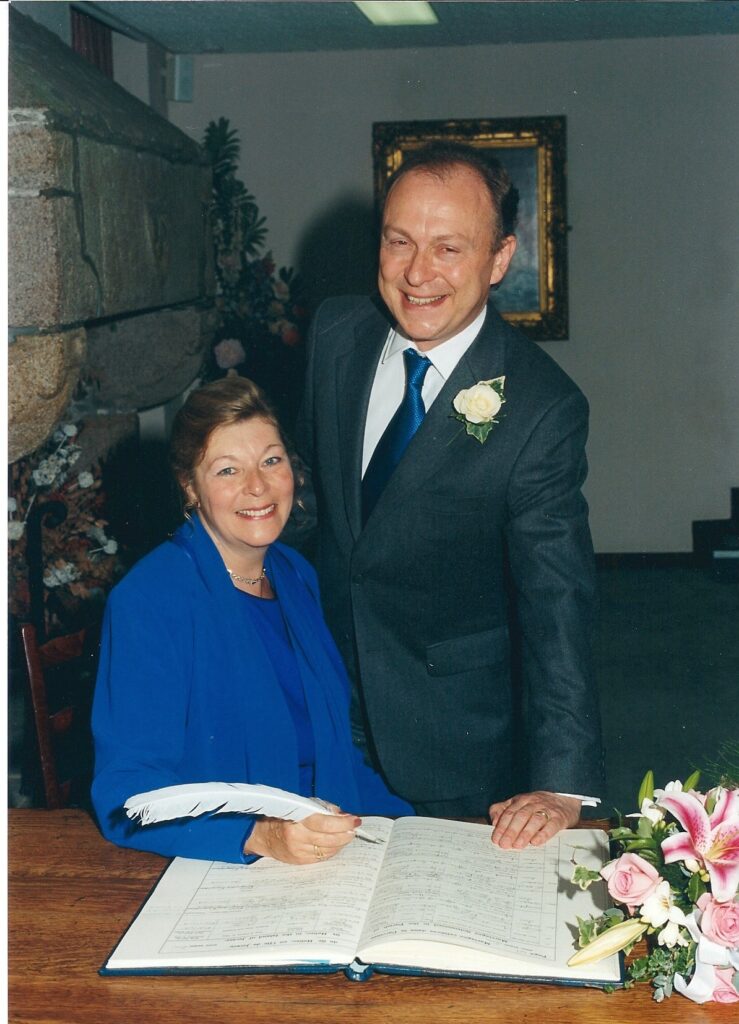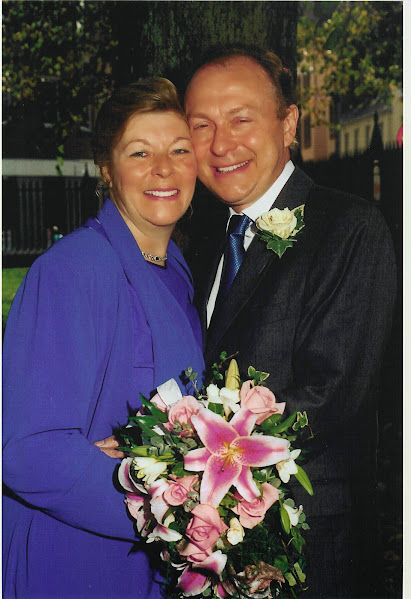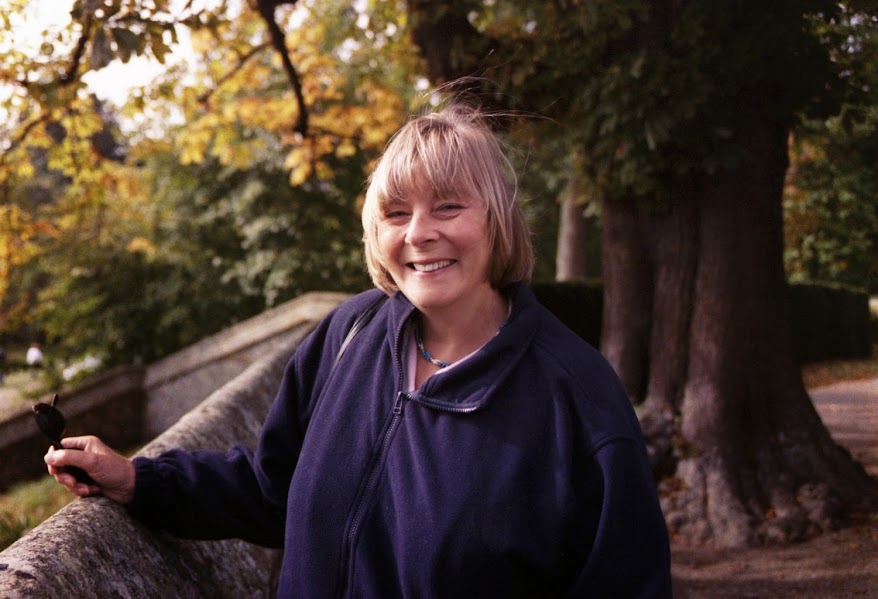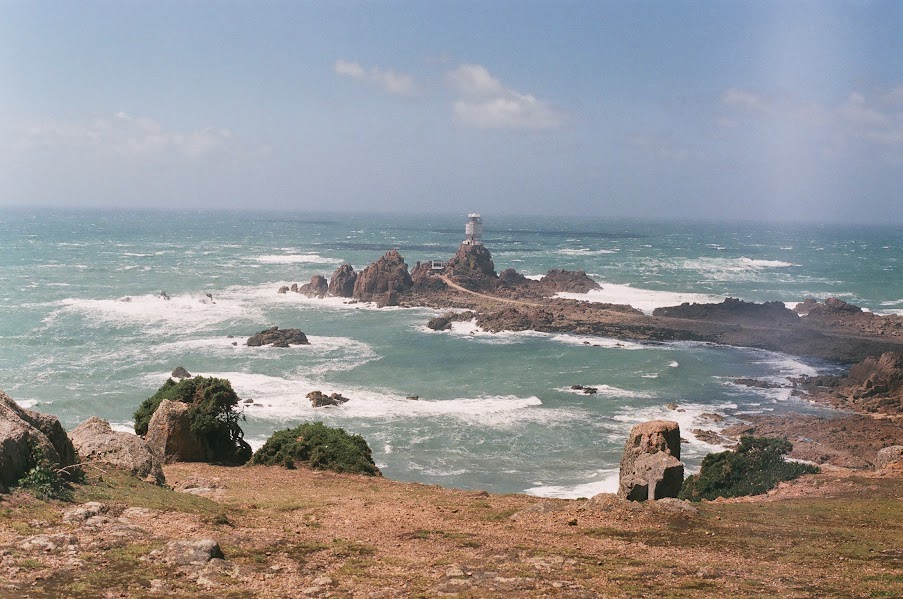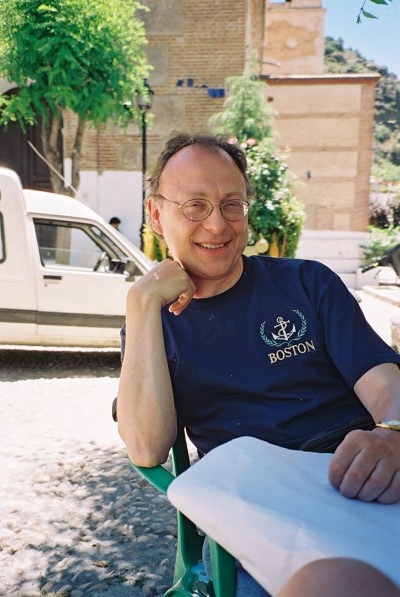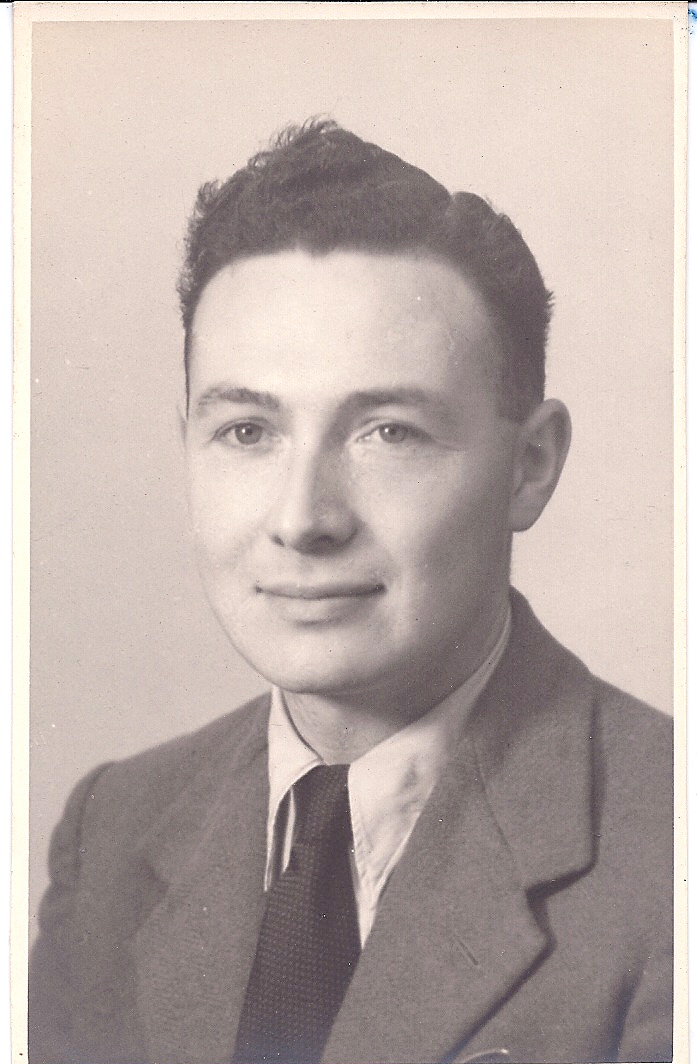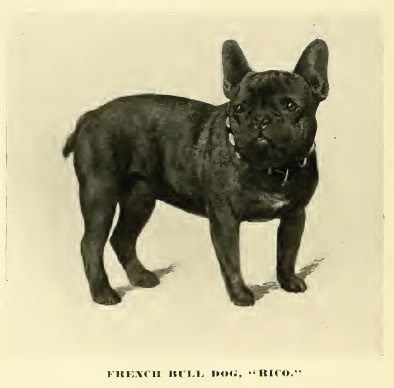
I used to see Sir David at business breakfast club meetings. He was a great supporter of local businesses in the Southend area. I wish I had got to know him rather than just seeing him now and again. We all miss him with affection.
Sir David Amess (26 March 1952 – 15 October 2021) was a long-serving British Conservative Member of Parliament (MP), best remembered for his deep commitment to his constituents, his compassion for animals, and his tireless work for numerous charitable causes. His life combined traditional Tory principles with a strong social conscience, underpinned by his Roman Catholic faith and lifelong love of animals.
Early Life and Education
- Born: 26 March 1952, Plaistow, Essex (now part of London).
- Family: Son of James and Maud Amess; raised in a working-class family.
- Education:
- Attended St Bonaventure’s Grammar School, Forest Gate.
- Studied Economics and Government at Bournemouth College of Technology (now Bournemouth University).
- Before entering politics, he worked as a teacher and then as a recruitment consultant, developing a strong sense of social responsibility and public service.
Political Career
Entry into Parliament
- Amess first stood for Parliament in 1979 in Newham North West (unsuccessfully).
- Elected as MP for Basildon in 1983, riding the Conservative wave under Margaret Thatcher.
- His Basildon seat became a symbol of Middle England, and his re-election in 1992 was widely seen as signalling John Major’s surprise national victory.
Southend West MP (1997–2021)
- After boundary changes, he moved to the Southend West constituency, where he served continuously from 1997 until his death in 2021.
- He became one of the longest-serving MPs in the Commons, with nearly 40 years of service.
- Known for being independent-minded, Amess voted according to his conscience rather than strict party lines, especially on moral and animal welfare issues.
Animal Welfare Advocacy
Sir David Amess was one of the most prominent animal welfare champions in British politics.
- Patron and supporter of numerous animal charities, including:
- The League Against Cruel Sports
- Humane Society International UK
- Dogs Trust
- The Donkey Sanctuary
- Compassion in World Farming
- Served as Chair of the All-Party Parliamentary Group (APPG) on Animal Welfare.
- Campaigned for:
- Ending live animal exports for slaughter.
- Banning puppy farming and illegal puppy imports.
- Better regulation of pet sales and breeding.
- Improved standards for farm animal welfare.
- Consistently opposed fox hunting and other blood sports, often at odds with traditional Conservative views.
In 2020, he supported the Animal Welfare (Sentencing and Recognition of Sentience) Bill, which increased penalties for animal cruelty and formally recognised animals as sentient beings in UK law.
He often described animals as “innocent beings who depend entirely on human compassion and decency.”
❤️ Community, Faith, and Causes
- A devout Roman Catholic, he often campaigned on pro-life issues and spoke about the moral responsibilities of politicians.
- Promoted mental health awareness, endometriosis care, and accessibility for people with disabilities.
- Authored a humorous and heartfelt memoir, Ayes & Ears: A Survivor’s Guide to Westminster (2020), giving insight into his experiences in Parliament and his devotion to Southend.
- One of his long-term dreams was to have Southend-on-Sea declared a city, a goal posthumously achieved in 2022 as a tribute to his life and service.
⚔️ Death and Legacy
- Sir David Amess was tragically killed on 15 October 2021 during a constituency surgery at Belfairs Methodist Church in Leigh-on-Sea, Essex.
- His murder shocked the nation and highlighted concerns about the safety of MPs and public servants.
- He was posthumously remembered for his kindness, humour, accessibility, and unwavering commitment to his community.
- The City of Southend-on-Sea was formally granted city status in his honour — fulfilling his long-held ambition.
- In Parliament and across the political spectrum, he was celebrated as a true public servant, devoted family man, and friend to animals.
